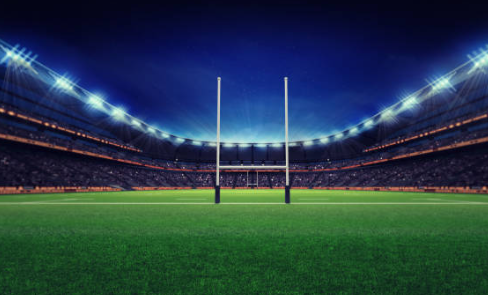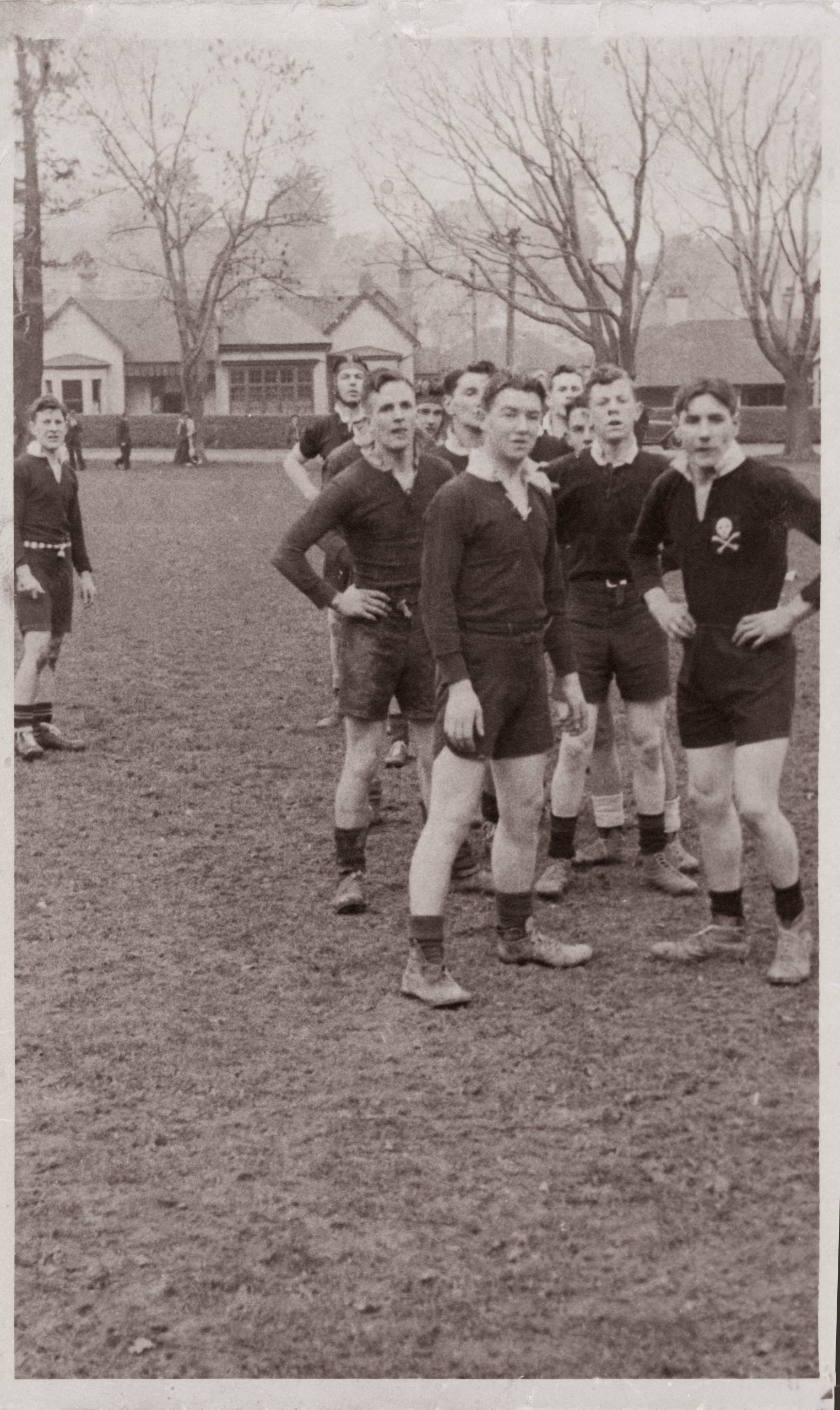Written on 13th August, 2023
For the most part this is an excellent RWC squad. Although there may be quibbles and complaints on
some selections and non-selections (e.g., the inclusion of Clarke and Christie, the ‘6 th prop’, and the
exclusion of Weber and another loose forward (e.g., Finau), this squad can win the World Cup. The
selections are made, however, and there will be solid reasons for the decisions (as a selector would you
really want to compromise winning the rugby world cup by playing favourites)?
The All Blacks squad provides a terrific blend of experience and youth, speed, forward power with
dominant set plays, an exciting array of X-factor talent, and one of the most critical elements of
successful RWC campaigns – fitness (somewhat lacking in the northern hemisphere warm-up matches
over the past few weeks). Forget 2022, the way the team is coming together will be sending alarm bells
off in the other highly fancied teams (France, Ireland and South Africa).

One of the biggest points of difference among the top seeded teams will be their preparation for the big
dance, starting September 8 th in Paris. I watched England and Wales play the other day. I felt sorry for
their fans as there is a lot of work to be done. An hour or so later, a close-to-full-strength France played
Scotland, with both teams displaying flair, skills and power that made them look as if they were playing
at a considerably higher level than Wales or England. The strengths (and weaknesses) of the French and
the Scots were evident in what was an absorbing match to watch. The Scotland coach, Gregor
Townsend, although disappointed with the 27-30 loss in the closing minutes of the game, was
nonetheless excited at what he saw from his team.
That is exactly the kind of match the All Blacks need.
Which is why the pre-RWC tournament match between the All Blacks and South Africa on the 25th of
this month is critical for the coaches and players.
But first, let’s put to bed the discussions about the All Blacks using the match as another experimental
team, or to field a ‘B Team’, or even more wildly speculative as written recently elsewhere, fielding a ‘NZ
C Team.’ None of these options will do the All Blacks any good for preparation for the big dance that
begins just two weeks later. There are plenty of good reasons for why the South African match-up will
significantly contribute to RWC success a couple of months later:
Game-time – Some players (e.g., De Groot, Taylor, Frizell, Ioane, the Barretts) need more game-time
before the RWC begins, otherwise they will have gone several weeks without a match. Others
meanwhile, due to injuries (e.g., Newell, Lienert-Brown, Havili, Narawa), and limited rotation of players
(e.g., Jacobson, Williams, Roigard, Telea and Fainga’anuku – and even Finau) are even more in need of
game-time to a) gain more experience playing against the top teams, b) further prove or reinforce their
stake to the starting 23 line-up, and c) to build combinations).
Combinations – Great progress has been made with combinations, and this year’s line-ups have clarified
a near final starting XV. But these combinations still need further experience against the likes of South
Africa, as do the combinations that emerge when the bench comes onto the field. Smooth transitions
are essential (no need for horrors like last year’s final stanza against England), so the more time that
Havili has with Mo’unga and Ioane on either side of him the better. Similarly, if Leinert-Brown comes on
at centre, he needs more game-time with J. Barrett and Havili on the inside, and the likes of Jordan,
Telea and Fainga’anuku on the outside. Let’s find out if Newell and Tu’ungafasi can come on again as
effective replacements (as they did in Dunedin).
Experience A – The younger players need as much big game experience as possible. For that reason,
Newell, Vaa’i, Taukei’aho, Williams, Roigard, Narawa and Fainga’anuku need to play at least part of the
match, if not all of it.
Experience B – A twist on A above, the more seasoned and/or essential members of the squad need to
be rested or used off the bench to lessen the chance of injury. These include Whitelock, S. Barrett,
Smith, Savea, Mo’unga, Ioane, Jordan and B. Barrett.
We all know there is a risk of injuries at any time in any match, so this may happen. And it can have
devastating effects on a team if key players are affected. But this can also happen in the first official
match of the RWC, or the second … Injuries will happen, and we’ve already seen that with other top
contenders in the RWC build-up. A 33-man squad is selected with this in mind.
Psychology – While acknowledging the risk of injury, it will be a massive psychological boost to the team
if they beat South Africa as the final lead-up match to the RWC.
Improving combinations – Win or lose, if combinations are further developed, players are tested and
excel (or do not), and – dare I say it – lessons are learned, then that is another critically successful part
of the build-up to the RWC in France.
Pressure – What better way to prepare for the pressure of the RWC than playing the current world
champions in front of a boisterous sell-out crowd in the incredible atmosphere at Twickenham with all
the world watching. Especially so for the more junior members of the squad. Remember too, that some
of the squad have a serious crack at being in the match-day 23s for the RWC tournament and have this
Twickenham battle with South Africa to prove themselves one more time (e.g., Newell, Williams, Vaa’i,
Narawa, Fainga’anuku, Roigard).
It’s South Africa – Let’s face it, neither players or coaches want to lose to South Africa, but would accept
such a fate if what came out of the game was further progress in preparation for the matches in France.
(and let’s not insult South Africa by fielding a ‘B’ or ‘C’ team).
Win or lose, this is an important match. Which is why I consider it to be the All Blacks 8 th match of the
RWC (plus 4 pool matches, QF, SF and Final). If Ian Foster, Joe Schmidt, Jason Ryan, the respective
assistant coaches and all the players come out of the match with South Africa and can learn, adapt and
apply to the RWC strategy, that will galvinise support in New Zealand and increase the team’s likelihood
of winning the Webb Ellis Cup and returning home on top of the world of rugby.

